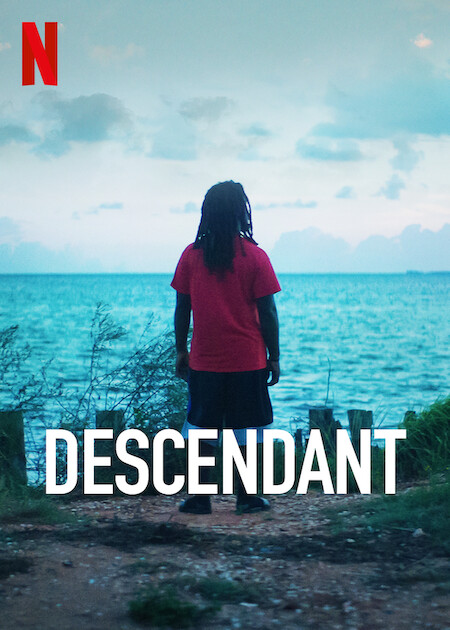
History exists beyond what is written. The Africatown residents in Mobile, Alabama, have shared stories about their origins for generations. Their community was founded by enslaved ancestors who were transported in 1860 aboard the last known and illegal slave ship, Clotilda. Though the ship was intentionally destroyed upon arrival, its memory and legacy weren’t. Now, the long-awaited discovery of the Clotilda’s remains offers this community a tangible link to their ancestors and validation of a history so many tried to bury.
You May Also Like

Partition, 1921, tells the story of how Ireland came to be to be partitioned from the perspective of the British and unionist politicians who divided Ireland. Michael Portillo examines how this happened, unravelling a web of intrigue woven by the British ruling classes for whom the essential issue was defending Ulster

Revisiting the 1994 Arkansas murder of three 8-year-old boys and the three teenagers convicted of the crime. A follow up to Paradise Lost, Revelations features new interviews with the convicted men, as well as with the original judge and police investigators.

A middle-aged engineer decides to prove his worth by inventing a device he dreams will make him responsible for one billion orgasms.
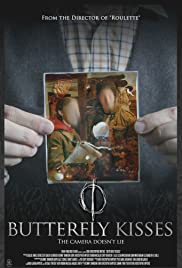
A filmmaker discovers a box of video tapes depicting two students’ disturbing film project featuring a local horror legend, The Peeping Tom. As he sets out to prove this story is real and release it as a work of his own, he loses himself and the film crew following him into his project.

From the unique vantage point of 200 miles above Earth’s surface, we see how natural forces – volcanoes, earthquakes and hurricanes – affect our world, and how a powerful new force – humankind – has begun to alter the face of the planet. From Amazon rain forests to Serengeti grasslands, Blue Planet inspires a new appreciation of life on Earth, our only home.

Survivors of violent crimes and prisoners incarcerated for murder connect to undergo astonishing transformations, liberating themselves from the debilitating constraints of trauma, and shattering preconceptions of “us and them.”
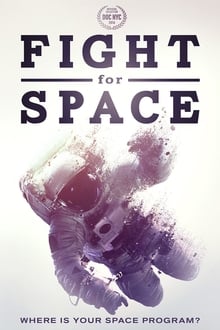
In 1962, spurred by the Cold War, President John F. Kennedy famously made the bold proclamation that NASA would send astronauts to the moon by the end of the decade, not because it was easy, but because it was a challenge. The Space Race inspired a generation to pursue careers in science and technology, but as the balance of world power shifted, interest in space exploration declined. “Fight for Space” serves as an urgent call to re-awaken our sense of wonder and discovery.

Dr James Fox takes a journey through six different landscapes across Britain, meeting artists whose work explores our relationship to the natural world. From Andy Goldsworthy’s beautiful stone sculptures to James Turrell’s extraordinary sky spaces, this is a film about art made out of nature itself. Featuring spectacular images of landscape and art, James travels from the furthest reaches of the Scottish coast and the farmlands of Cumbria to woods of north Wales. In each location he marvels at how artists’ interactions with the landscape have created a very different kind of modern art – and make us look again at the world around us.

During the Syrian civil war, the district of Yarmouk, home to thousands of Palestinians, became the scene of dramatic and ferocious fighting. Little Palestine (Diary of a Siege) is a film that follows the destiny of civilians during the brutal sieges, imposed by the Syrian regime, that took place in the wake of the battles. With his camera, Abdallah Al-Khatib composes a love song to a place that proudly resists the atrocities of war.
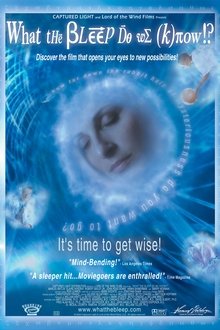
Amanda is a divorced woman who makes a living as a photographer. During the Fall of the year Amanda begins to see the world in new and different ways when she begins to question her role in life, her relationships with her career and men and what it all means. As the layers to her everyday experiences fall away insertions in the story with scientists, and philosophers and religious leaders impart information directly to an off-screen interviewer about academic issues, and Amanda begins to understand the basis to the quantum world beneath. During her epiphany as she considers the Great Questions raised by the host of inserted thinkers, she slowly comprehends the various inspirations and begins to see the world in a new way.
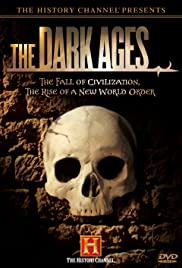
Beginning with Rome’s fall in the fifth century, tis History Channel presentation sheds light on the Dark Ages, covering the continent-wide chaos, including raids by Vikings Vandals, and Visigoths, bubonic plague, famine, civil unrest and more. The program takes viewers from the darkest of times to the dawn of a new beginning as the turmoil besieging Europe gives rise to the Crusades, the Enlightenment, and the Renaissance.

Clint Eastwood’s rise to fame reads like one of his dramatic movie scripts. 84 films about cowboys, crime, war, romance, and boxing would yield Best Picture and Directing Oscars. Eastwood’s contributions to cinema remain forever limitless.